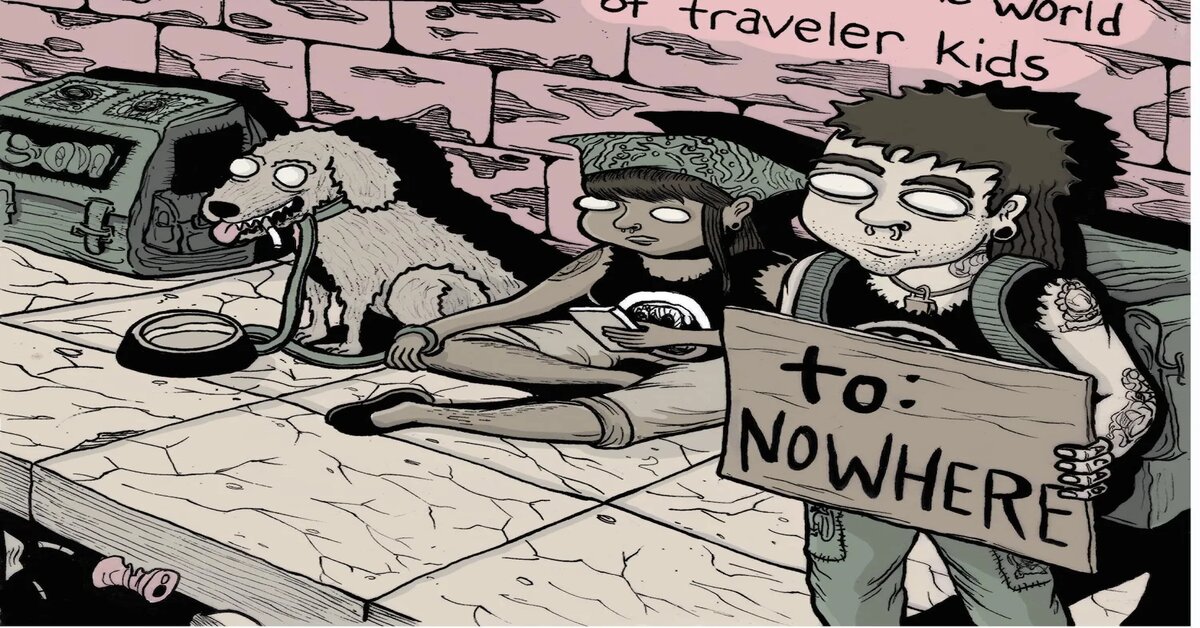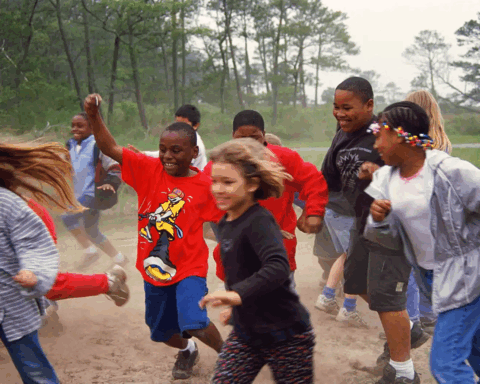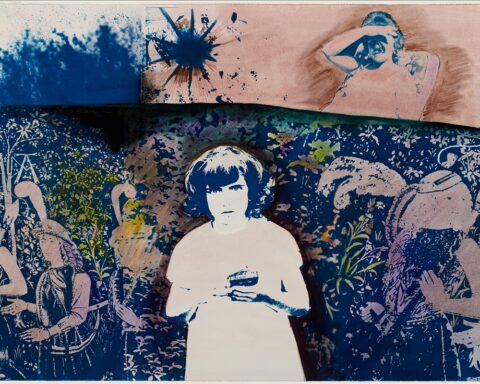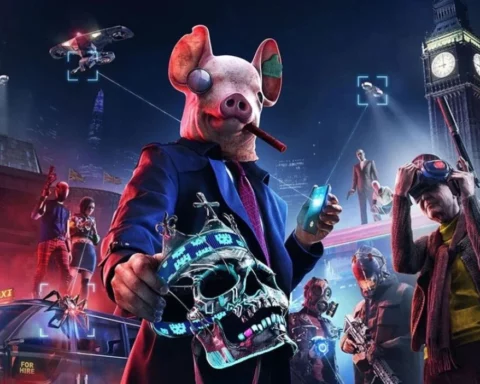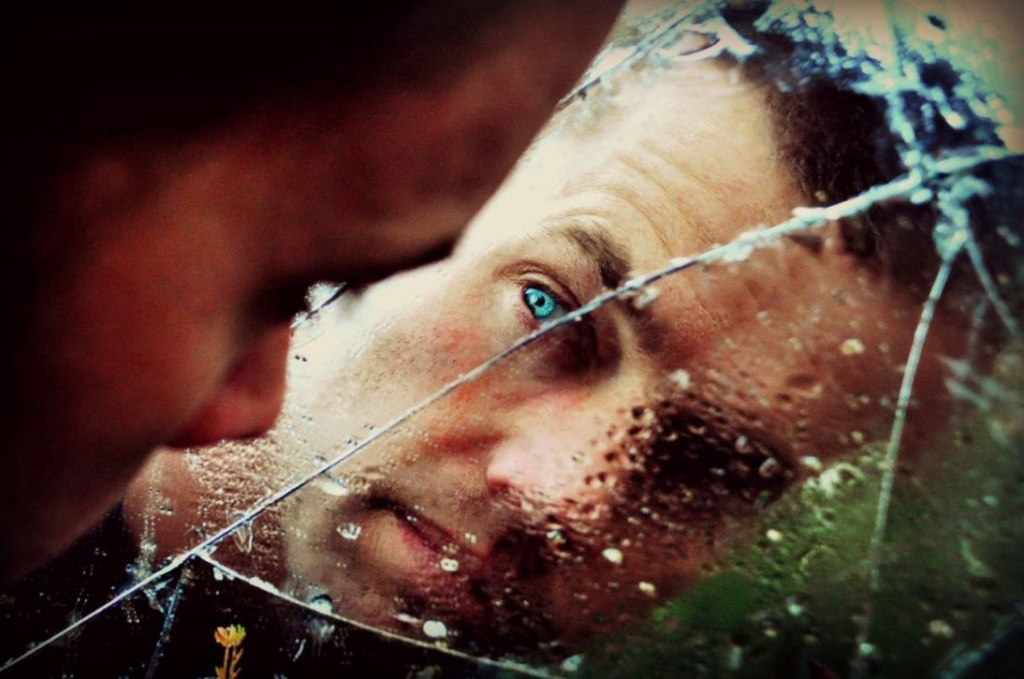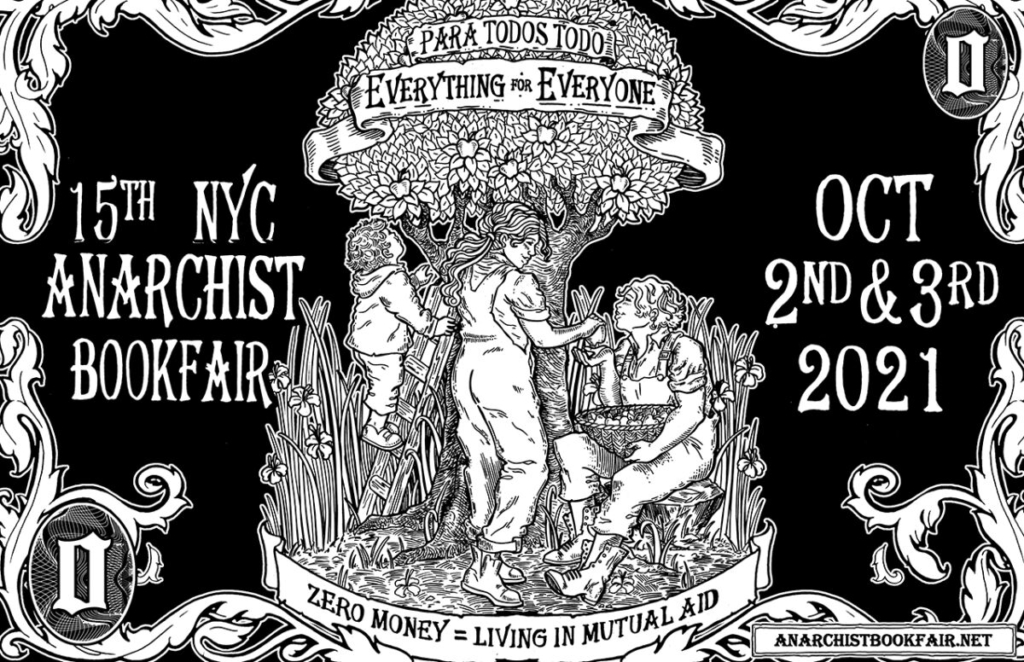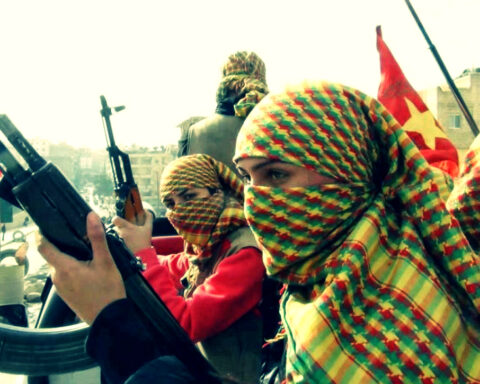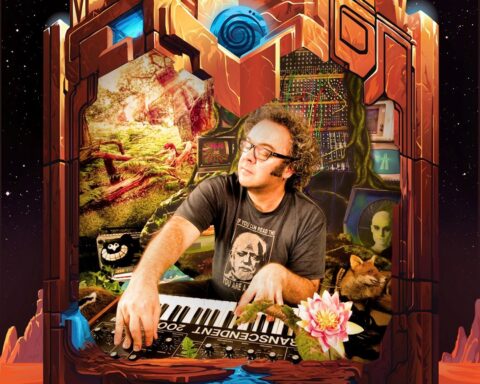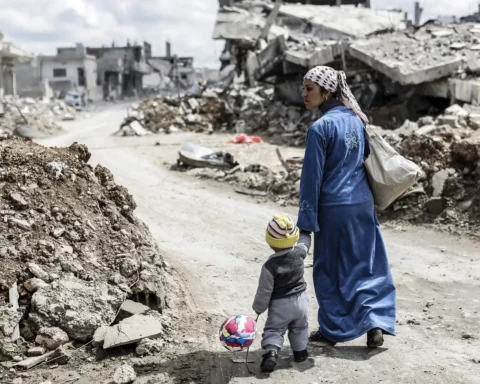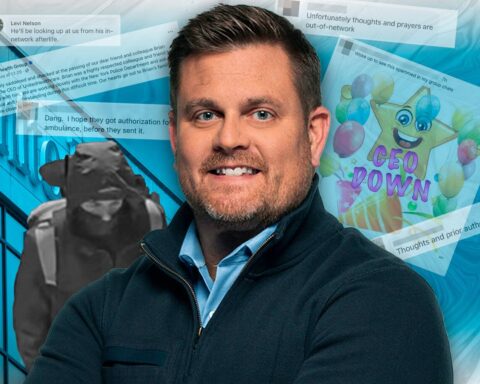In 1932, right before the Nazis came to power, Brecht penned a brooding screenplay for a film, Kuhle Wampe, subtitled in English as Who Owns the World? The film follows a young pair of siblings, Franz and Anni, as they ride bicycles around Depression-era Berlin in search of work. Returning to his family’s apartment one day with no prospects, Franz eats, takes off his watch, and jumps out of a window to his death. In the scenes that follow, Anni returns again and again to the family table, where Franz’s empty seat serves as a reminder of the economy’s defenestrating logic: to be employed is to be alive, but there isn’t enough work for everyone. “Whose tomorrow is tomorrow?” the film’s titular song asks. The question was supposed to be answered by communism, but we know that’s not how things worked out.
Like Franz, my brother took his life in April of last year. Rodney left no note, just several empty bottles of vodka. Until a few hours before he died, he had been two months sober, trying a keto diet, and going for thirteen-mile runs while working full time. As we later learned, the last thing he googled was: “does vodka have more calories than rum?” He was struggling to better himself until the last moment but came up against more powerful forces. It is not a unique story. These days, it seems as if everything in the world conspires against human flourishing.
Deaths like Rodney’s are now frequently called “deaths of despair,” a category that includes fatalities by overdose and from drug and alcohol abuse, but they don’t have a box for that on death certificates. I remember watching the funeral-home director type “suicide” into the form instead. Above him hung a page of Microsoft Word art, framed and drop-shadowed, informing us that payment is due at time of arrangement. A student-loan company called my mom the next day to ask about payment of another kind. “He’s dead,” she replied. The agent offered her condolences but explained that death did not alter the terms of their contract. Who owns the world, and whose tomorrow is tomorrow? For now, the answer is obvious. It belongs to a bunch of assholes. And I, for one, would really like to kick them all in the teeth.
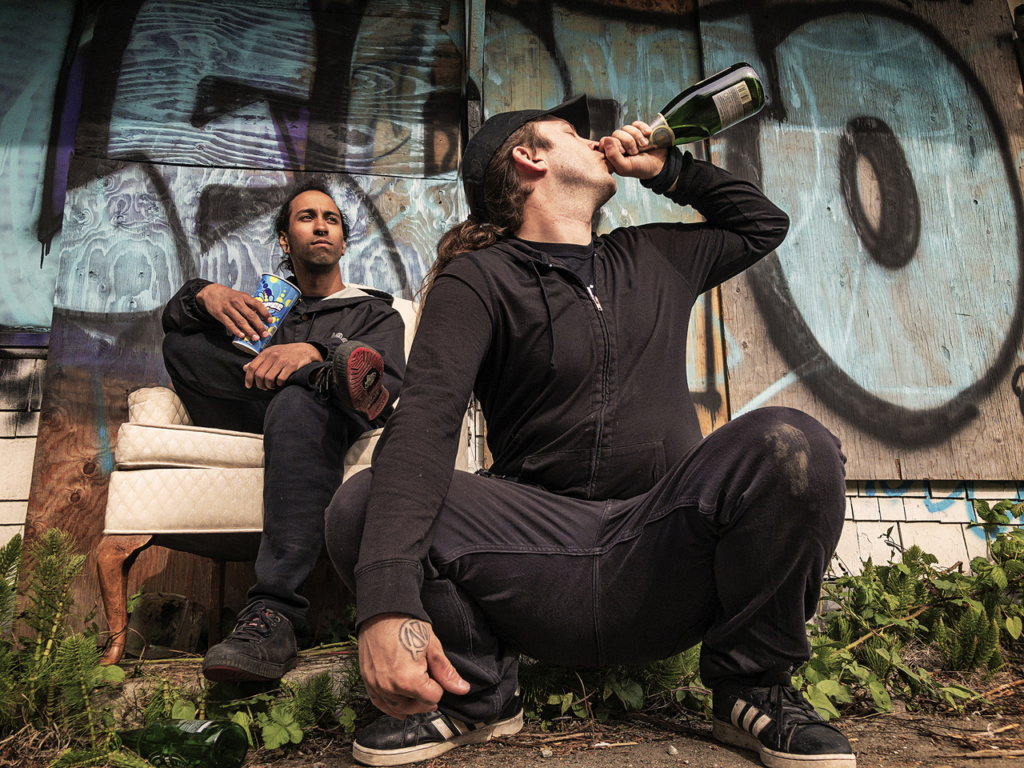
As my family was laying Rodney to rest, the Centers for Disease Control and Prevention reported yet another decline in life expectancy in the United States, the richest country in the world. It was official: opioids, alcohol, and guns are easier to get than healthcare and a steady job. With no hope for the future, Americans were dying en masse by drug overdose, liver failure, and suicide. That spring, the deaths of Kate Spade and Anthony Bourdain brought these morbid facts into the spotlight. Celebritized sympathy facilitated the spread of news about a much wider epidemic: seventy thousand more Americans died in 2017 than 2016; forty-seven thousand of those additional deaths were self-inflicted, 120 souls per day. Over a million and a half others tried, but did not succeed. Those who did mostly used a firearm, like my brother.
The scatter plot of deaths pulling life expectancies lower occurred mostly among young and middle-aged men, and especially among those aged twenty-five to forty-four. Most of the change is driven by increasing mortality among poor, non-college-educated white men, though people of color are no strangers to deaths of despair. Opioid deaths are on the rise in those communities as well. Rodney was thirty-four when he died, in the middle of this bracket. My dad, Bill, was forty-four, right on the cusp, when he committed suicide almost two decades ago in 2001. The uptick in self-inflicted deaths began around 1999 and rose steadily thereafter. My shrinking family is thus a microcosm of a national tragedy. I find myself asking, Why should a family that experienced economic hardship, to be sure, but also so much laughter and love, have to suffer so much? That isn’t a rhetorical question. It is the foundation of my politics. I want to do whatever it takes to make it possible for everyone, around the world, to enjoy a life worth living.
Rodney worked the festival circuit with such enthusiasm was because it freed him from the debt collectors. If he worked any job for longer than six months, student-loan creditors were able to find him and garnish his wages.
If we are to achieve this goal, we have to start by calling these deaths what they are: deaths of despair, yes, but more precisely capital punishment for those who fall down in a winner-takes-all society. The United States has set up the Matthew principle as the law of the land: “For to every one who has will more be given, and he will have abundance; but from him who has not, even what he has will be taken away.” After getting what little they have taken away, and then taken away again — through debt, addiction, and homelessness — many people find it easier to lie down than to get back up again.
From 1991 to 2018, I watched the promise of a good American life crumble. Amid the jobless recovery of the early 1990s, my father abandoned a once-promising career as a mutual funds salesman. After losing a series of jobs, his failure to find work was exacerbated by a drug habit he could not shake. Since Bill did not have a stable place of his own, Rodney and I would visit with him on the weekends by tracing worn paths around the shopping mall. He was a pianist who wrote songs about regretful mistakes, rock ’n’ roll angels, and romance. Lacking a piano, he would practice in public, so our most frequent destination on mall wanderings was Guitar Center. There he would “test out” pianos for hours — a thin excuse to sing us his blues. Sitting on price-tagged leather benches, we listened to my dad’s jeremiad on America.
Eventually, he ran into legal trouble. Involved in a robbery that went awry, he decided to do time in his own way. He left a note saying that Rodney and I should split his final paycheck, which came out to around $340.
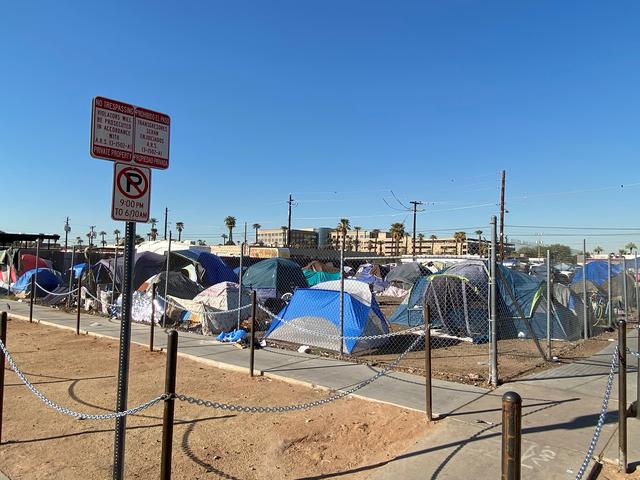
The United States has seen more and more stories like my own. As inequality rose, so did its victims. Between 1980 and 2014, the income share of the richest 1 percent of American adults doubled, rising from around 10 percent up to 20, while that of the bottom 50 percent was halved, falling from around 20 percent down to 12. Research has shown that societies with high inequality are also societies with high levels of status anxiety — and for good reason: as inequality rises, one’s relative social standing comes to matter much more in determining one’s life chances. Yet as inequality rises, so does the fixity of the status hierarchy. Social mobility declines, so fewer poor parents have rich children, and fewer rich parents have poor children. The wealthy are piling into gated communities and closing the gates behind them.
In this context, people take risks to get ahead against increasingly impossible odds, and mostly they lose. That’s how risk works. And so, here, in the richest country in the world, we have rates of mental illness, drug use, violence, and homicide that are among the highest in the world. We have a massive prison population, facing much harsher sentences than prisoners in other countries. We respond to this drastic situation by giving up our lives. For fuck’s sake, life expectancy is declining in America. On a dying planet we are dying sooner. It’s like being in an otherwise quiet room with the loud ticking of a nearby clock. Can’t you hear it?
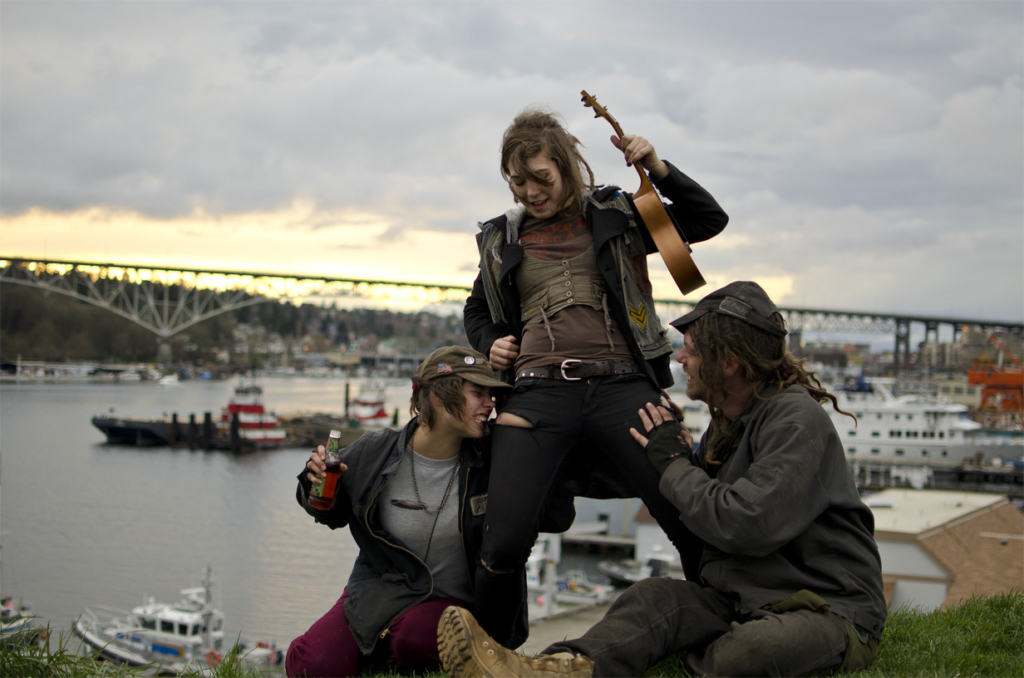
After my father died, Rodney would always tell everyone it was me and him against the world. That became our motto. We became travelers: I hopped trains, hitchhiked to Chiapas, and played in punk bands. Meanwhile, Rodney spent his life chasing jam bands around the country, selling food along the way to afford the adventure. Wherever the music was, he was there. His impact on that community was felt everywhere. Thousands of people knew and loved him from the jam-band circuit. He was an anarchist, but ethically rather than politically. I found these lines in one of his notebooks, after he passed away: “Every time you loan a tool to a neighbor, share food with the hungry, or give a ride to a stranger you are embracing the anarchist ideal. Live it.” But he couldn’t live it always.
Every autumn Rodney crawled back into the straight world and tried to hold on for nine long months until summertime returned again. One reason Rodney worked the festival circuit with such enthusiasm was because it freed him from the debt collectors. If he worked any job for longer than six months, student-loan creditors were able to find him and garnish his wages. The crisis of never finishing college later became a source of lifelong shame for Rodney, as debt collectors hounded him for money he didn’t have. The way they hunted him across the country meant that he was never sitting still for more than six months his entire adult life.
Rodney was well over the average US student-loan debt level of $48,000, yet he was never able to finish college. Instead, he worked and worked without achieving any stability, long after his friends had begun to settle down. In between summer touring seasons, when he would hit the road selling falafel at festivals, he worked for whoever was hiring: logging companies, landscapers, law firms, nightclubs. Like everyone who is poor, he was always working. When he didn’t have a job, he was hustling.
My brother’s life as a worker started young. At fourteen he worked part-time at Dunkin’ Donuts, pouring black half-decafs and tossing pink rainbow-sprinkled donuts in paper bags. Some summers we worked a beach parking lot for a guy named, I kid you not, Roy Dickover. When he went to college, Rodney tried to insinuate himself, however he could, into the world that also animated our father: music. It started small. He brought a George Foreman grill to festivals: two dollars, you get a grilled cheese; three dollars, you get a grilled cheese and a shot; four dollars, you get a grilled cheese, a shot, and I also get a shot. He negotiated his own pleasure into his business deals. But Rodney lacked the inherited wealth and avaricious instinct necessary to succeed in business life.
Running in place for so long is exhausting. He would get his life together, and then somehow it would fall apart. In the months before he died, everyone agreed that he seemed to be on the up-and-up: making plans for the upcoming touring season while working as a landscaper with his roommate. So it was surprising when, one day in April, my mom and I suddenly found ourselves alone.
_____
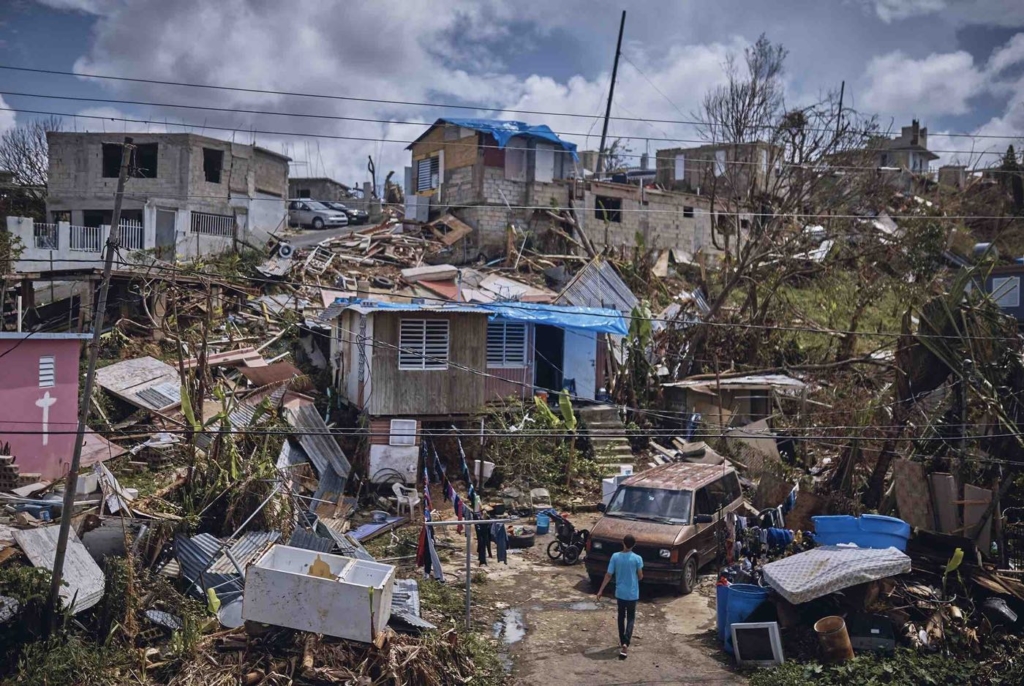
A few months after Rodney passed away, I mustered up the energy to travel to Puerto Rico alone. Tasked with writing about mutual aid and collectivities born of ecological disaster, I traced my sadness down rain-soaked, late-summer streets. The island was preparing for another storm and tacking plywood to storefronts still busted up from Hurricane Maria a year earlier. Everyone was talking about suicides, both general trends and specific experiences.
The crisis in Puerto Rico did not begin with the hurricane. The current cycle of devastation has been going on since at least 2009, when the Puerto Rican economy shrank by 14 percent, setting in motion a cascade of austerity and insolvency. Hurricane Maria arrived after years of rapidly increasing out-migration and economic stagnation. When the US economy declines, it leaves so much fallow — empty lots and storefronts checker the towns and cities — yet the absence of growth does not lead to a subsequent fertility. When the hurricane came and destroyed basic infrastructure and most public services disappeared overnight, that was more than many people could take. The local government reported a sudden 16 percent increase in suicides. Since then, someone has taken their life in Puerto Rico every day.
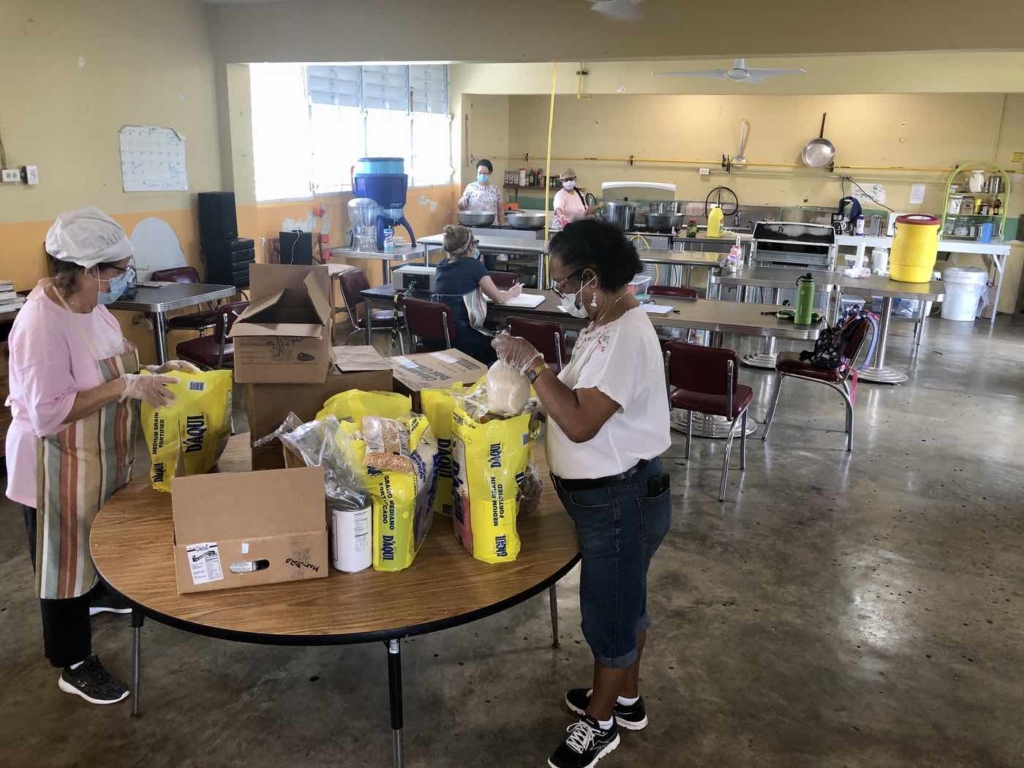
There was hope amidst the hopelessness. All the mutual aid projects I saw were inspiring, but what I keep coming back to in my mind are the nighttime corner stores turned into clubs that I encountered. Patrons would carry plastic chairs outside. The cashier would turn up the volume on the stereo. People returning from work would stop by to sing, dance, and gossip. The songs weren’t protest music, and the corner stores weren’t set up as community centers. Dance hall, as a general movement, happens in hard places, but as the not-hard part of those places, like my Dad’s Guitar Center blues, ringing out an implicit protest against everything that seeks to chase us away from one another, to destroy us in isolation.
A feature of the rise of social inequality in America has been the evaporation of public life, the decline in social experiences not organized around pay or profit. Networks of organizations, from trade unions to church groups to volunteer organizations to parent–teacher associations, have disappeared. Without these places, we all too often retreat into our respective corners, either to make plays at getting ahead, or to nurse our wounds when such risk-taking fails to yield results. People are tired of it all but find that they have no one to turn to: they are too suspicious of each other, too cynical about the motives lurking behind every attempt at fellow feeling and human connection. To get to the future we need, we are going to have to generate new collective lives out of the wreckage of neoliberal atomization. The easy part here is knowing why we need to fight; the hard part will be figuring out a way to come together.
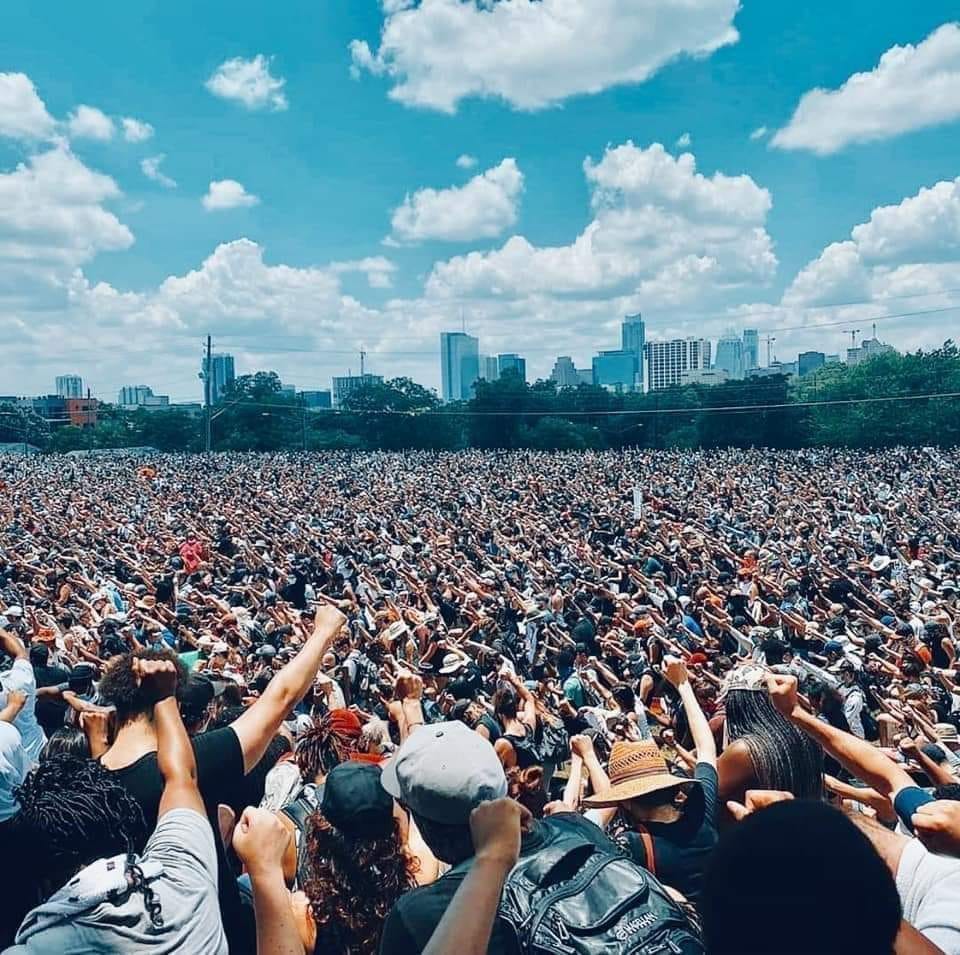
One of the many trials involved in losing a loved one is sorting through their possessions in the days and years that follow their parting. Combing through Rodney’s coat closet, looking for something warm, I pulled out an extra-large, black windbreaker. On its back, in big block letters, it said: THE STORM WILL PASS. I laughed as if Rodney were there and said out loud to him, “Will it now?” Even though I had grimaced at the windbreaker’s optimism, I didn’t take it off for weeks.
It is not inevitable that we will weather this storm. We have to find each other inside the storm and fight our way out of it, somehow. An early participant in New York’s ACT UP chapter, Gregg Bordowitz, once said, “An army of the sick cannot be defeated.” In order to defeat the sicknesses that have been imposed on us, we, the sick, will have to be the ones who fight. We must go to war against our own decline. No one else will do it for us. We have to carve out the spaces of a fuller human flourishing, which the cold-hearted society of the cash nexus will never provide. Trust me when I say that the other option is much worse.
______________
written by Chloe Watlington – Associate Editor at Commune Magazine. Other writing can be found in The Baffler and Teen Vogue.
